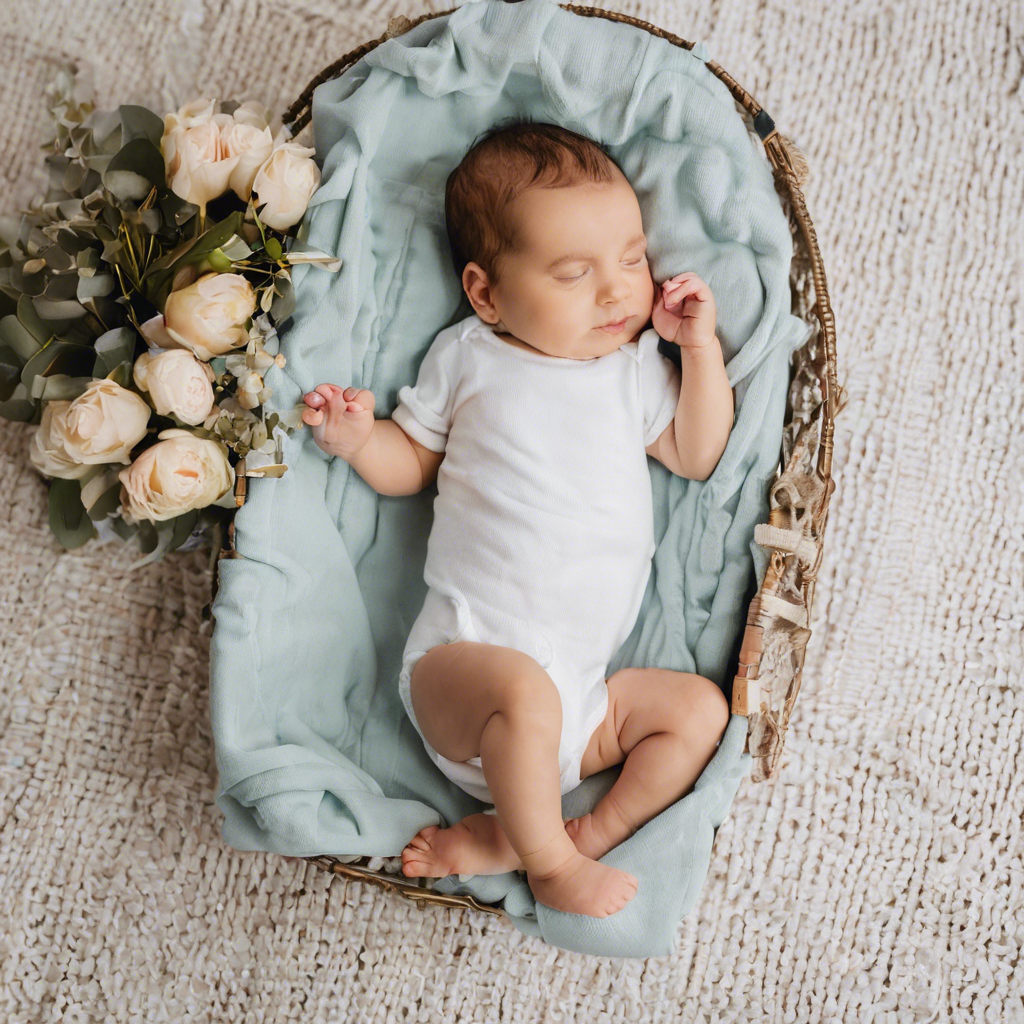Welcoming a newborn into the world is one of the most exciting moments in a parent’s life, but it also comes with a lot of preparation. With countless baby products on the market, new parents can feel overwhelmed trying to figure out what they actually need. Many items seem essential but turn out to be unnecessary, while others may be overlooked despite being incredibly useful. Having a well-organized checklist can help ensure that parents are fully prepared without overloading their home with things they won’t use. From clothing to feeding essentials, nursery setup to baby care products, a carefully curated list makes the transition into parenthood smoother.
One of the first things parents need to consider is clothing. Newborns grow quickly, so buying too many outfits in the smallest sizes is often a waste. A good starting point includes at least five to seven onesies, a few soft sleepers with foot coverings, and a couple of pairs of pants or leggings for layering. Cotton mittens help prevent the baby from scratching their face, and soft hats provide warmth, especially in colder months. Swaddle blankets or sleep sacks are also essential, as they help newborns feel secure and sleep better. Avoid clothing with too many buttons or snaps, as easy-access designs with zippers or magnetic closures make diaper changes much simpler.
Feeding essentials depend on whether parents choose to breastfeed, bottle-feed, or do a combination of both. Breastfeeding moms will need a high-quality nursing pillow for comfort, breast pads to prevent leaks, and a good breast pump if they plan to express milk. Bottles, whether for breastmilk or formula, should be chosen carefully based on the baby’s needs. A minimum of four to six bottles is recommended, along with a bottle brush for cleaning and a sterilizer to keep everything hygienic. Formula-fed babies will require an adequate supply of formula, and parents may also find a bottle warmer convenient. Burp cloths and bibs help minimize messes, keeping both baby and parents cleaner during feedings.
A safe and cozy sleeping environment is crucial for a newborn’s well-being. A crib or bassinet with a firm, breathable mattress is a must, and parents should ensure that any bedding follows safety guidelines—no pillows, stuffed animals, or loose blankets that could pose a suffocation risk. A fitted crib sheet, ideally two or three, allows for easy changes in case of accidents. White noise machines can help soothe babies to sleep, while a baby monitor provides peace of mind by allowing parents to check on their little one without disturbing them. Blackout curtains can also be beneficial in creating a dark and restful sleeping space.
Diapering is an unavoidable part of newborn care, and having the right supplies on hand makes the process much easier. Parents need a good supply of newborn-sized diapers, whether disposable or cloth. A sturdy changing pad or table provides a dedicated space for diaper changes, and a diaper pail helps contain odors. Baby wipes should be gentle on delicate skin, and a diaper rash cream is essential for preventing and treating irritation. Some parents opt for a portable changing pad, which is handy for diaper changes on the go. Organizing all these items in a diaper caddy ensures that everything is within reach when needed.
Newborns require gentle and effective hygiene care. A baby bathtub or a sink insert makes bath time safer and more comfortable. Mild, fragrance-free baby shampoo and body wash help prevent skin irritation. Soft washcloths and hooded towels keep babies warm and dry after baths. Baby lotion or moisturizer helps prevent dry skin, especially in colder months. A soft-bristled baby brush is useful for managing cradle cap, and baby nail clippers or an electric nail file help keep tiny nails trimmed and prevent accidental scratches. A digital thermometer is another essential for monitoring the baby’s health, as fevers can be concerning in newborns.
A well-stocked first aid and healthcare kit is crucial for emergencies. Baby-safe pain relievers, such as infant acetaminophen, should be kept on hand with a doctor’s approval. Saline drops and a nasal aspirator help with congestion, while a thermometer ensures parents can accurately check for fevers. Gripe water or gas drops can be lifesavers for soothing colicky or gassy babies. Parents may also find a humidifier helpful for maintaining comfortable air quality in the nursery, especially in dry climates or during winter months.
Traveling with a newborn requires careful planning and the right gear. A rear-facing infant car seat is non-negotiable for safety and should be properly installed before the baby arrives. A lightweight, easy-to-fold stroller is essential for outings, and many parents find that a baby carrier or wrap allows them to keep their hands free while staying close to their little one. A well-packed diaper bag should include extra diapers, wipes, a change of clothes, bottles, formula or breastmilk if needed, and a small blanket. Some parents also find a portable white noise machine useful when traveling to help their baby nap in unfamiliar environments.
Comfort and bonding items help create a soothing atmosphere for both baby and parents. Pacifiers can provide comfort and reduce fussiness, though not all babies take to them. Soft, cuddly baby blankets offer warmth and security, and a few favorite plush toys can become treasured comfort items. Parents may also appreciate a rocking chair or glider in the nursery for late-night feedings and soothing. A playmat or soft baby gym can help with early tummy time exercises, supporting physical development and encouraging sensory exploration.
While it’s tempting to buy every gadget marketed for newborns, many items turn out to be unnecessary. Wipe warmers, fancy bottle sterilizers, and elaborate nursery decor may look appealing but often go unused. Instead, focusing on practical and high-quality essentials ensures that parents are well-prepared without overcrowding their home with items they don’t need. Many baby items can also be bought second-hand or borrowed from friends and family to save money, as long as they meet safety standards.
Preparing for a newborn is an exciting journey that requires careful planning. By focusing on the essentials and avoiding unnecessary purchases, parents can ensure that their home is ready for their baby’s arrival. With the right clothing, feeding supplies, sleeping arrangements, and healthcare essentials, they can navigate the early days of parenthood with confidence. While every baby is unique and may have different needs, having a well-thought-out checklist helps parents stay organized and ready for whatever comes their way.

